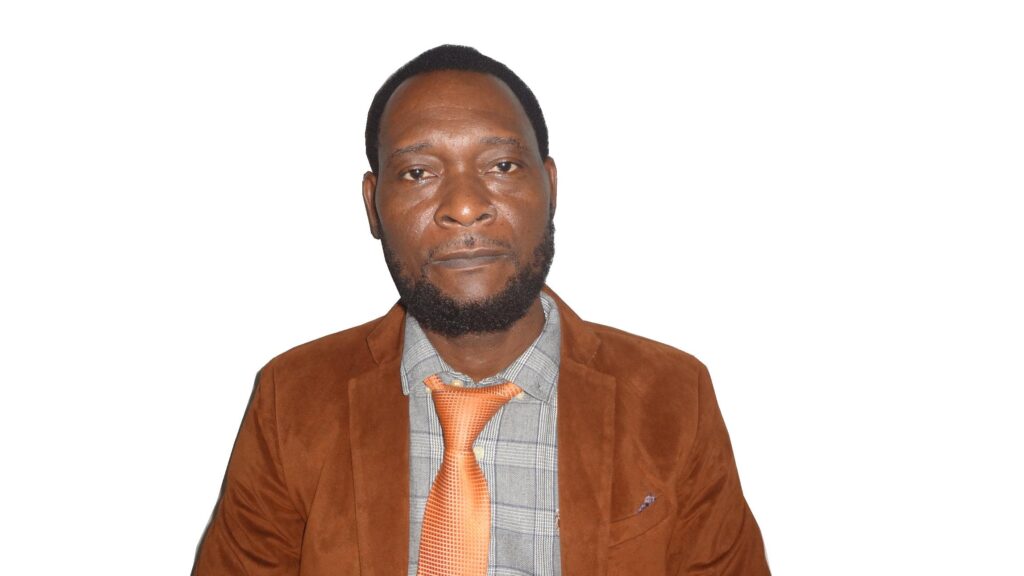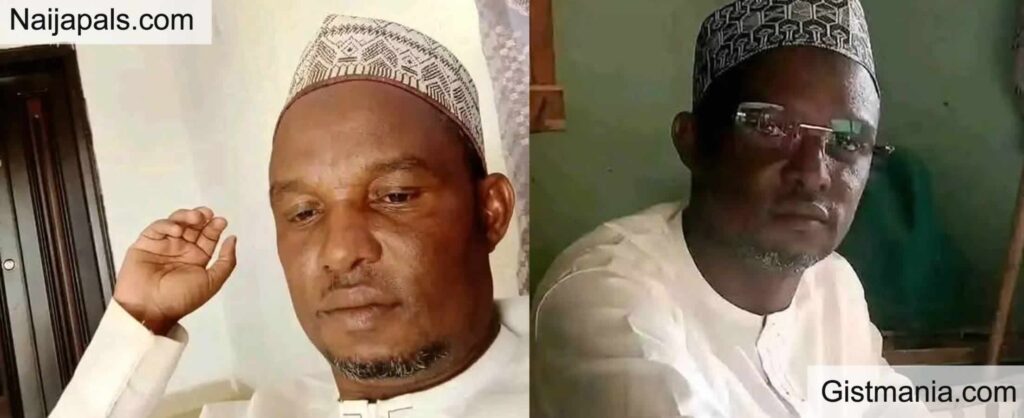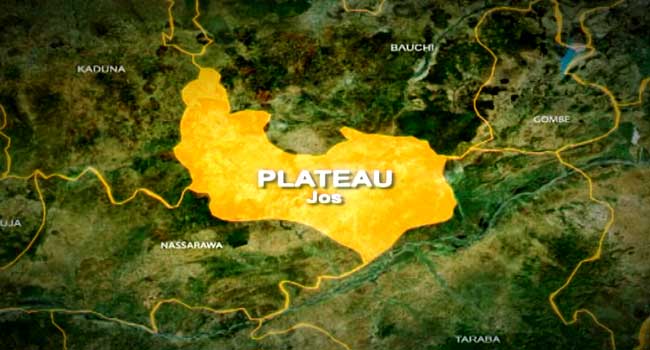GistNexus – April 17, 2025.
In a sad twist of fate, at least 36 cows were reported dead while another 42 were also reported to be critically ill due to suspected poisoning in Plateau State. The repulsive incident occurred around the Tafi Gana junction of Bassa Local Government Area on Wednesday afternoon. As Ya’u Idris, MACBAN Chairman in Bassa, reports, the cows were grazing when they ate garden eggs that had been poisoned and strategically spread all over the field. The accident, which happened around 4:30 p.m., has sent shockwaves across the herding community in the area. Idris confirmed that all the concerned security agencies, including the GOC 3 Division of the Nigerian Army, DSS, and the police, had been informed. He added that the GOC actually went to the site himself, assuring the people that they should remain calm and ensuring a thorough investigation to identify and prosecute the culprits of the poisoning. The Fulani community in the area has been called upon to refrain from retaliating as tensions are still running high following a fresh attack.
Related News
A Community on Edge: Escalating Tensions Following Recent Attacks
The cattle poisoning incident comes just two days after a deadly attack at Zikke village, which is also located in Bassa LGA, where 52 lives were lost and some houses burned. The back-to-back atrocities have heightened tensions between farming and herding communities, whose relationship has historically been marred by cycles of violence and retaliatory attacks. Eyewitnesses to the massacre in Zikke village blamed the herding community for the deadly attack, a charge promptly and forcefully denied by representatives of the herders. Security agents have been working to restore peace in the area, even though residents live in fear of further attacks. Many see the cattle poisoning as an act of revenge, which would further exacerbate an already strained situation. As the people cry over both animal and human losses, leaders in various groups are calling for peace. Calls for restraint have been loud and clear, even as many anxiously await the outcome of investigations promised by security agencies.
Governor Reacts: Night Grazing and Motorcycle Movement Forbidden
In an attempt to stem the wave of violence and restore a semblance of order, Plateau State Governor Caleb Mutfwang issued a list of new security steps on Wednesday. During a statewide address, Governor Mutfwang banned night grazing and restricted cattle movement and motorcycle operations beyond 7 p.m. The governor’s directive is aimed at controlling the activities that often lead to clashes between farmers and herders. The governor explained that the move was taken following the relentless and painful attacks that have plagued communities like Bokkos and Bassa. Local youth leaders and local leaders were also asked to revive local vigilante patrols cooperatively with security agents. “We must be united in guarding our country, guided by law and justice,” the governor proclaimed in his address. He then asked the locals to remain calm, be observant, and assist security agents in every possible way. These steps are aimed at securing communities and bringing an end to further violence in a region where longstanding complaints have a habit of boiling over into deadly fighting.
Related News
Truck Drivers Protest Night Movement Ban: “It’s Contradictory”
However, the government’s new restrictions have not received universal praise. Truck drivers transporting cattle have objected to the ban as unrealistic and contradictory. Mahmud Jafar, a truck driver in Jos, pointed out that an earlier regulation already prohibits heavy trucks from operating between 6 a.m. and 9 p.m. He questioned how they are expected to transport cattle if movement is also restricted after 7 p.m. “Honestly, we’re not happy with the development,” Jafar said. “There’s already a day movement ban legislation. Now at night, it’s also impossible.” Another driver, Gambo Hamza, shared these same concerns, explaining that the dual restrictions cause confusion and difficulty for drivers whose ability to make a living comes from nighttime transport. The drivers implored the Plateau State Government to reconsider and retool the restrictions, swearing that if left unresolved, the new regime will negatively impact cattle transport as well as already fragile economic operations related to cattle business in the state.
Calls for Calm: Fulani Leaders Ask for Restraint During Tensions
With feelings running high and nerves raw following the recent loss of both humans and animals, Fulani leaders have been making a concerted effort to urge restraint among their people. Ya’u Idris, chairman of Bassa MACBAN, emphasized the importance not to take the law into their own hands. In a series of public statements and town meetings, Idris reiterated that retaliation would achieve nothing but feed the situation and harm already traumatized communities. He reminded members that the GOC of the 3 Division personally guaranteed them the matter would be thoroughly investigated and justice delivered. Youth leaders and community elders have been taking efforts to promote dialogue and prevent any form of mob action or retaliation. Security forces have also stepped up their presence in the area to prevent any breakdown of law and order. However, the overall environment remains tense, with many doubting whether peace can ever be restored without settling the root issues fueling the conflict.
Military’s Silence: Operation Safe Haven Yet to React
Efforts to get the official reaction from the military operation dubbed Operation Safe Haven have failed. The operation’s spokesperson, Major Samson Zhakom, did not answer messages by journalists in efforts to seek elucidation on measures being taken to check the mounting insecurity in Bassa and surroundings. The lack of a prompt official announcement has done little to abate speculation and panic among the local populace, most of whom feel overlooked and vulnerable. Operation Safe Haven was set up specifically to manage and contain conflicts within hotspots in Plateau State, and their seeming silence at this point in time has attracted negative public eye from citizens and civil society organizations alike. Eyewitnesses go on to say that clear and lucid communication by the authorities is necessary in order to soothe frazzled nerves and maintain public trust. While the people grapple with fear and uncertainty, many people believe that tangible action, and not just promises, shall take shape in the near future after the devastating events of the past week.
A Fragile Peace: Plateau State at a Crossroads
The incidents taking place in Plateau State are another installment in the long, painful history of farmer-herder violence in Nigeria’s Middle Belt. The poisoning of cattle after a deadly assault on a farming community significantly raised the stakes. Without coordinated, inclusive, and sustained efforts by state actors and local leaders, the region risks spiraling further into cycles of violence and suspicion. Governor Mutfwang’s new regulations, though appreciated, must be complemented with more holistic peacebuilding measures tackling the root causes of the conflict, including conflicts over land uses, resource competition, and fears along ethnic lines. Security operations must be neutral, investigations serious, and justice expedited in a bid to assure communities that the rule of law is not dead. Healing starts with the truth, the talk, and the mutual resolve to live with each other. Whether Plateau State will be able to seize this opportunity to embark upon a new path towards peace is an open and urgent question.
Related News

Reported by GistNexus Team and Edited by Mr. Chibueze Onwuka


